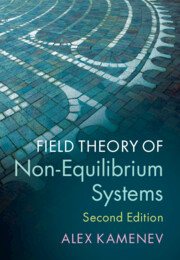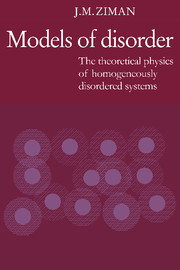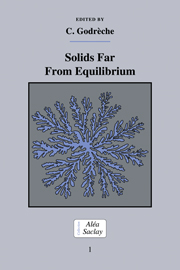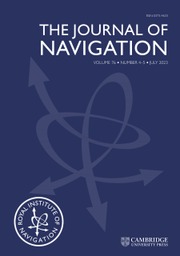Field Theory of Non-Equilibrium Systems
The physics of non-equilibrium many-body systems is a rapidly expanding area of theoretical physics. Traditionally employed in laser physics and superconducting kinetics, these techniques have more recently found applications in the dynamics of cold atomic gases, mesoscopic and nano-mechanical systems, and quantum computation. This book provides a detailed presentation of modern non-equilibrium field-theoretical methods, applied to examples ranging from biophysics to the kinetics of superfluids and superconductors. A highly pedagogical and self-contained approach is adopted within the text, making it ideal as a reference for graduate students and researchers in condensed matter physics. In this Second Edition, the text has been substantially updated to include recent developments in the field such as driven-dissipative quantum systems, kinetics of fermions with Berry curvature, and Floquet kinetics of periodically driven systems, among many other important new topics. Problems have been added throughout, structured as compact guided research projects that encourage independent exploration.
- Adopts a highly pedagogical approach, guiding readers from the underlying theory of non-equilibrium many-body systems to advanced applications
- Provides a unifying perspective, bringing several diverse topics together under a consistent formalism
- Includes many new topics from modern research, essential for understanding the broader development of the field
Reviews & endorsements
Praise for the first edition ‘Field Theory of Non-Equilibrium Systems, written by theoretical condensed-matter physicist Alex Kamenev, is a lively pedagogical exposition of the Keldysh technique based on functional integration … It is meant for advanced graduate students and professionals who have not had prior exposure to the technique but would like to learn it. Experts in the field may also enjoy the diversity of the subjects covered and the clarity with which they are presented. Thanks to those features, Field Theory of Non-Equilibrium Systems is a welcome introduction to the field and could well become a classic.’ Vojkan Jaksic, Physics Today
Product details
January 2023Hardback
9781108488259
500 pages
250 × 175 × 34 mm
1.07kg
Available
Table of Contents
- 1. Introduction
- Part I. Systems with Few Degrees of Freedom:
- 2. Bosons
- 3. Single-particle quantum mechanics
- 4. Classical stochastic systems
- 5. Driven-dissipative systems
- Part II. Bosonic and Classical Fields:
- 6. Bosonic fields
- 7. Dynamics of collisionless plasma
- 8. Kinetics of Bose condensates
- 9. Dynamics of phase transitions
- Part III. Fermions:
- 10. Fermions
- 11. Kinetic theory and hydrodynamics
- 12. Aspects of kinetic theory
- 13. Quantum transport
- Part IV. Disordered Metals and Superconductors:
- 14. Disordered fermionic systems
- 15. Mesoscopic effects
- 16. Electron–electron interactions in disordered metals
- 17. Dynamics of disordered superconductors
- 18. Electron–phonon interactions
- References
- Index.






